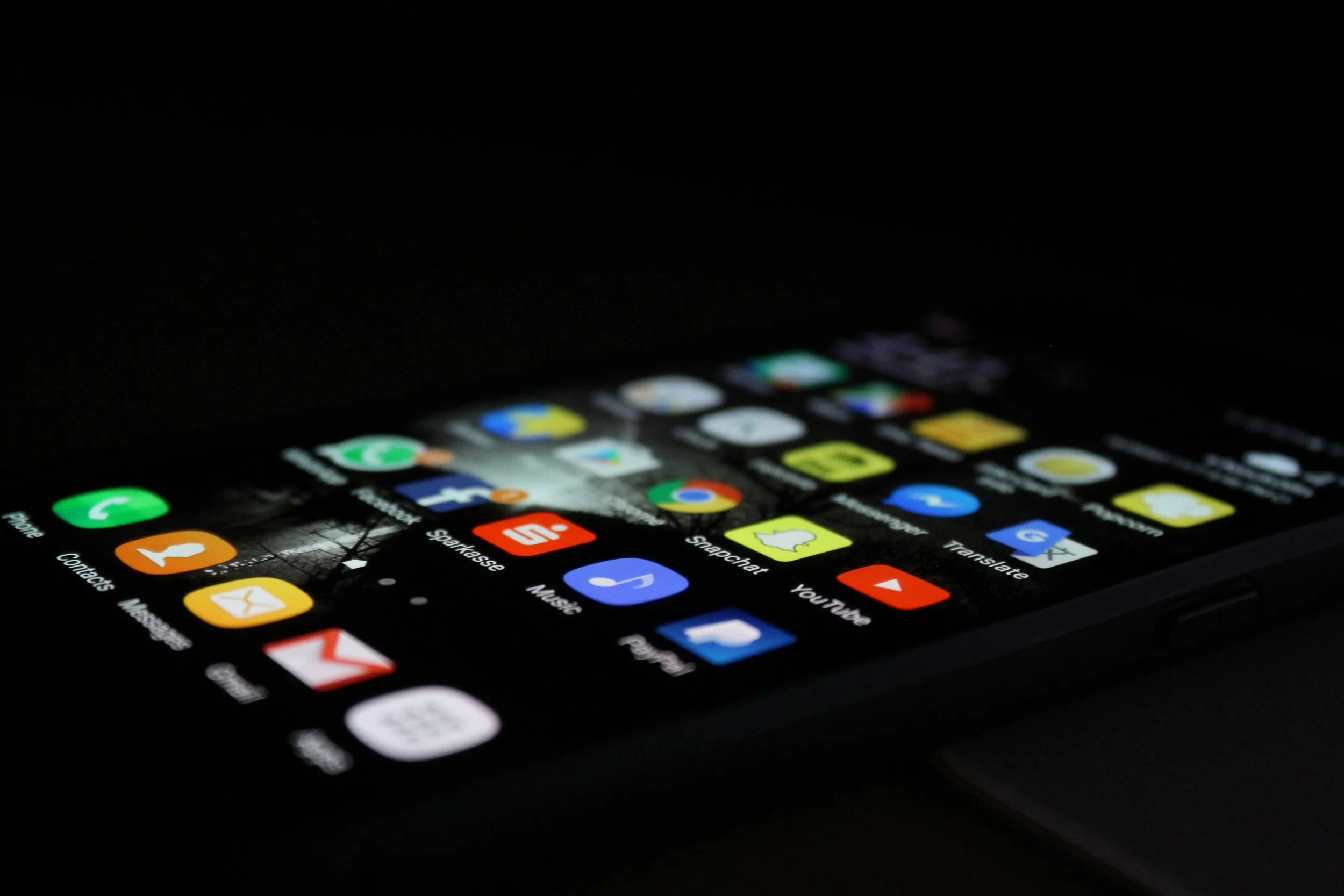How to Break a Screen-Time Addiction
Ever since the invention of the first phone, screens have consumed our existence. These machines have gone from blocky, awkward Macintosh computers to the sleek iPhone 15 that is capable of facial recognition, among other new additions that its creators could have never imagined when they first designed them. Unfortunately, many people now find themselves struggling with the very devices that were supposed to help them. If you are someone who finds that you use technology more than you’d like to, here are a few tips about how you can live a more screen-free life and help you break your screen-time addiction.
The first thing to really understand is addiction. All addictions happen because of the neural networks in our brains, and oftentimes they have been built from our routines. For example, if you always go on your phone first thing after you get home from school, your brain has formed that as a habit and expects screen time once you get home from school. In a journal or on a piece of paper, go through an average day and identify any triggers or patterns that contribute to your problem. Is there something that makes you want your phone? In that same space, write down your motivation and why you want to break these habits.
The absolute most important thing to do is to change notification settings. Unless they are absolutely necessary, get rid of notifications, as they will keep you checking your phone. Another powerful way of stopping this with your phone specifically would be turning everything to grayscale (which can be done through the Settings app.) This will prevent you from scrolling unnecessarily. Grayscale is when your entire phone is made into the gray color and it works by removing any excitement that you may get from all of the colors.
Furthermore, make sure that your phone is in another room while you are sleeping. This will stop you from scrolling and allow you to get proper sleep without mindlessly scrolling on it before bed.
If you want to increase your productivity and find that any screen time diminishes it, try to get a to-do list done before you go on your screen. If you find that you need stimulation while doing something, then podcasts might be better to keep you company. If you are struggling, do not be afraid to open up to those around you and seek professional help and hopefully these suggestions serve you well.

